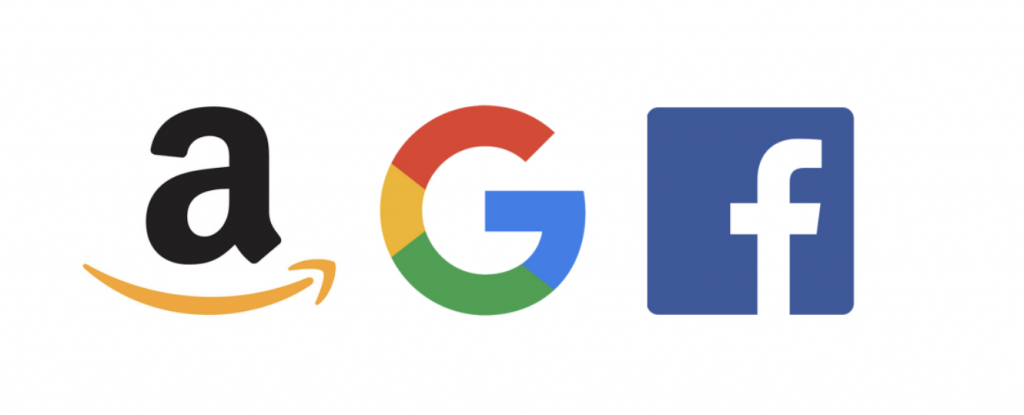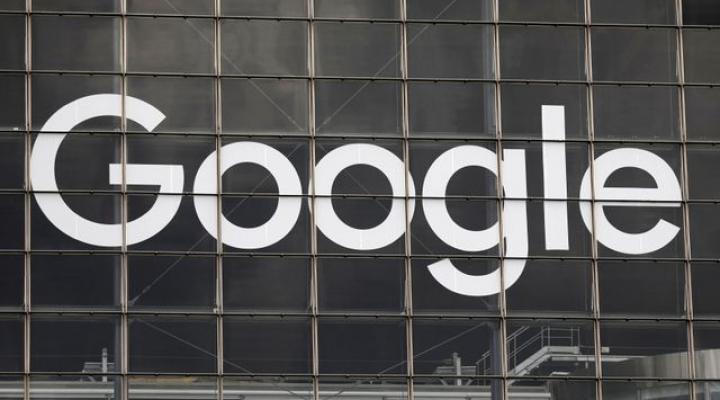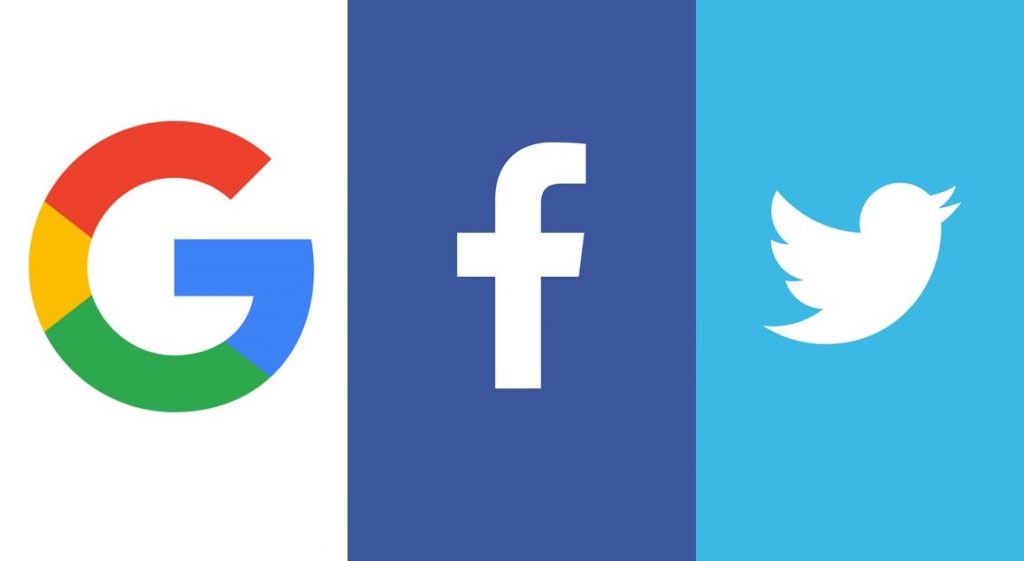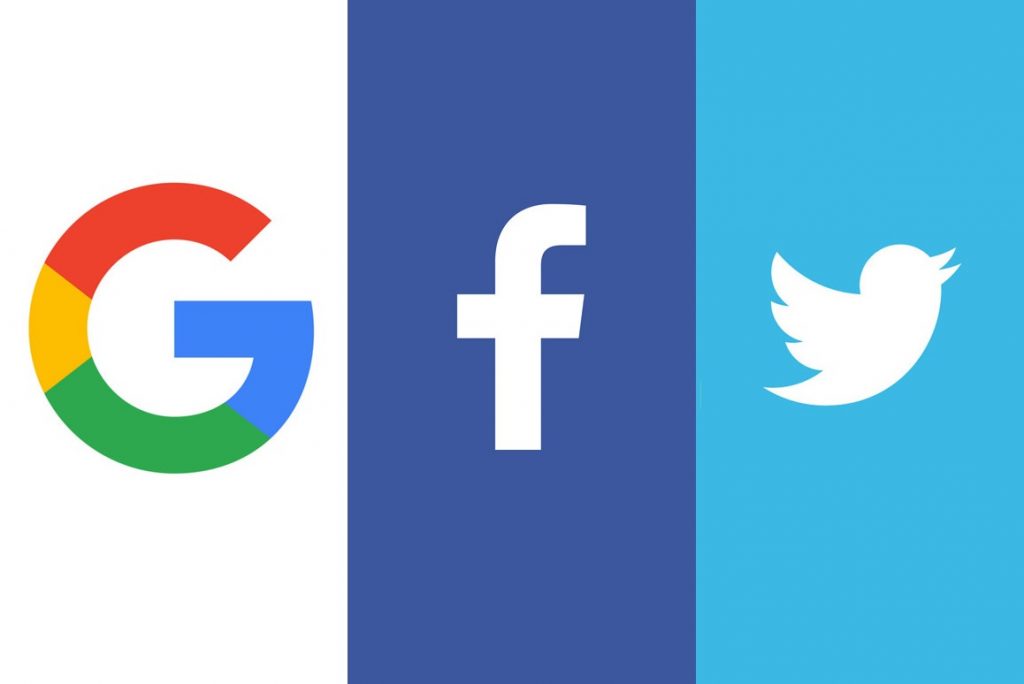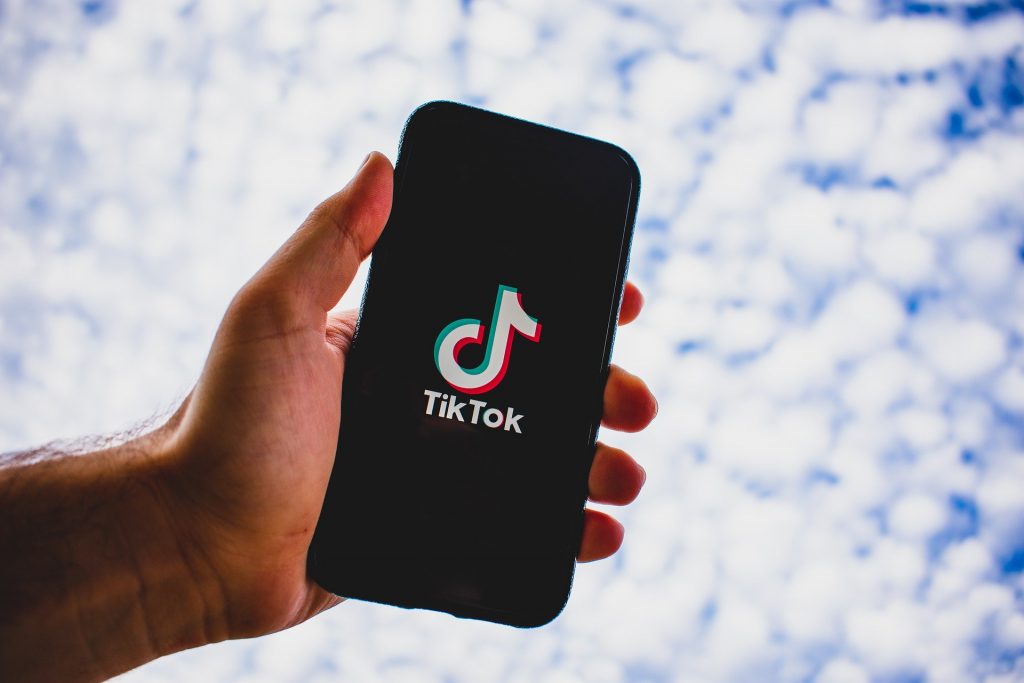American Tech Giants Called Out for Their Monopoly Power
Around the world, we are witnessing governments coming down heavily on tech giants. Recently, the EU commanded social media giants to be warier about the flow of misinformation and fake news. Now the American government, which till now has been very lax seems to be doing the same. Yesterday, a group of Democratic lawyers pushed Congress to make such companies more accountable for the power they yield. Here’s a look at how the monopoly power of these companies, and how lawmakers are planning on changing it.
Tech Giants Ongoing Investigation
A list of recommendations and appeals came at the end of a 16-month investigation into such tech giants. Companies, such as Amazon, Google, Facebook, and Apple came under Congressional radar in the last few years. Since then, lawmakers have been asking for more accountability and the spreading of power. The lawmakers mentioned yesterday that such companies enjoyed too much power, resulting in numerous unfair practices. They also called for a reining in of such power to help level the playing field within the tech industry. However, as expected, the Republicans disagreed with this outlook, with Jim Jordan dismissing the report as partisan. He also claimed the report was radical, saying it was an attempt by the far left to refashion American anti-trust laws.
The monopoly power of Tech Giants
The size and power that tech companies yield has been a constant topic of debate in Washington in recent years. This ongoing investigation came up through the House Judiciary Committee to probe into the working of these firms. The final 449-page report the committee staff submitted accuses these companies of engaging in unfair means. For instance, they found that such large tech firms charge high fees and force smaller companies into unfavorable deals. Further acquisitions involve using killer acquisitions to finish off rivals and retain their monopoly. In effect, the underdog start-ups of yesteryears have grown into monopolies that resemble old-time oil barons and railroad and air tycoons.
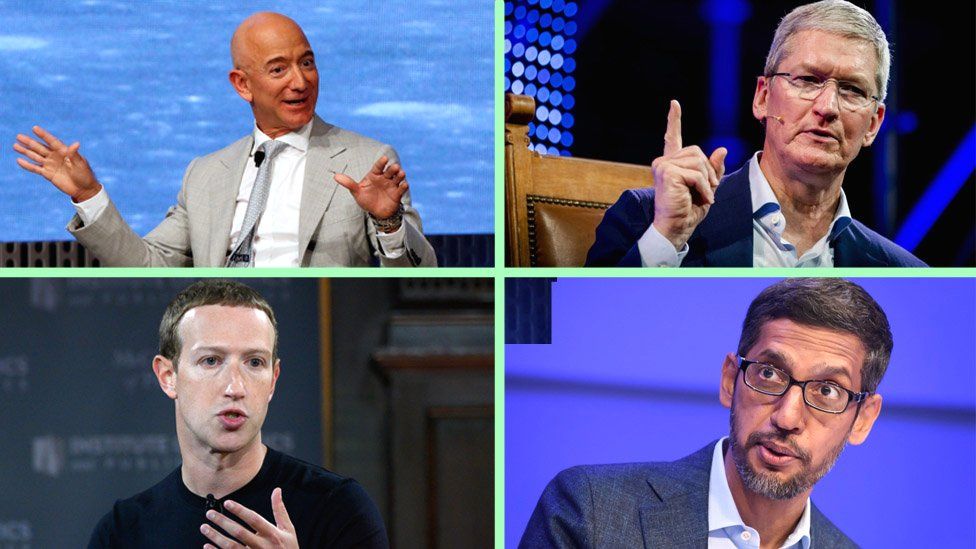
Changes Proposed
Some of the changes proposed by the Council are as follows;
- More vigorous enforcement of competition laws which already exist
- Limit the nature and area of business
- Prevent companies from playing in fields where they are a dominant infrastructure builder
- Shifting the burden of anti-competition to proof for acquisitions to make buying out competition more challenging
- Consider separating online platforms and other businesses
- Force the breakup of such Big Tech firms into smaller components
- Add nondiscrimination laws to prevent firms from prioritizing their products
As you can see, these changes will have a massive impact on the future functioning of Big Tech. While the report does not define the actual and exact legislation needed, it does give a direction for Congress to take things forward.
Replies by Big Tech
In the hearing in July, most of these significant players hit back at the allegations, calling them fringe notions. Amazon, on Tuesday, defended its actions through a blog post saying it never did anything that breaches present anti-trust laws. It also noted that the Amazon marketplace has been a successful venture for third-party sellers and that there were no unfair deals in the background. Facebook too defended its acquisition of WhatsApp and Instagram, saying it celebrated competition. It also mentioned that regulators went through all the laws and deals to ensure there was nothing illegal or corrupt behind it.
Political Issue
The report many have said seems to be heavily Democratic. As a result, it faced severe criticism from the Republican party. For instance, the Republicans wanted a section on the anti-conservative bias of social media in the report. However, such a move did not go down well with the Democrats who blocked it, calling it an allegation and conspiracy theory. However, several Republicans do seem to agree on the fact that anti-trust laws need to be more fool-proof. For instance, Ken Buck supported a slew of recommendations, such as shifts in law that make it challenging to acquire competition. Most experts believe that there will be no legislative proposals until after the election.
But one thing seems to be clear. Big Tech will undergo massive changes in policy and operations, following this election no matter who wins! Will this be the end of Big Tech? Let us know what you think in the comments below!

Being a cinephile with a love for all things outdoorsy, Athulya never misses a chance to chase inspiring stories or poke fun at things, even when the subject is herself. Currently pursuing a degree in mechanical engineering, she is someone innately interested in technical and scientific research. Music reviews and op-eds define her as they allow her to explore different perspectives. Though sometimes she thinks she makes more sense playing the guitar than she does while writing.
